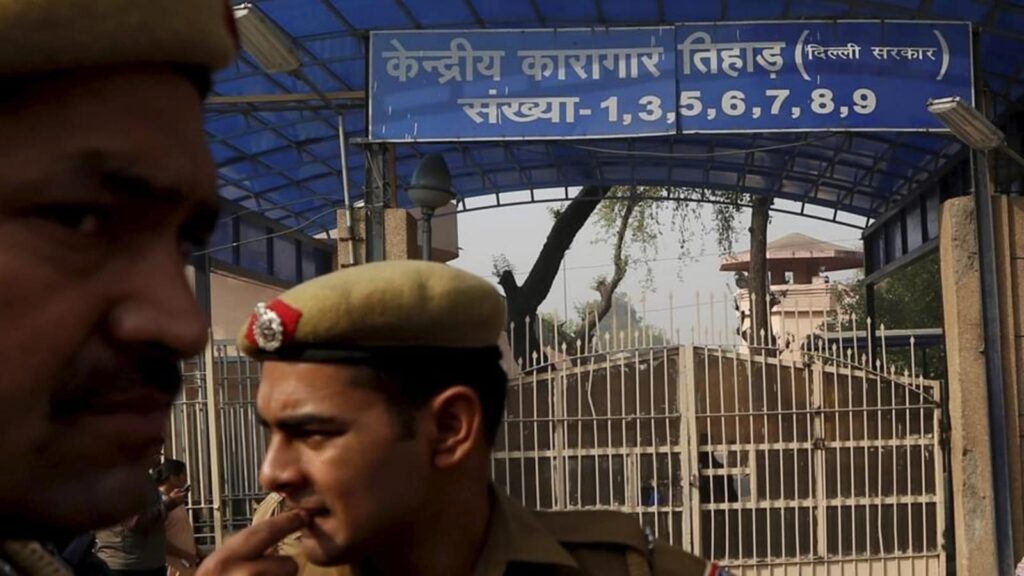It would seem that an audacious murder inside India’s largest prison complex would be enough of a wakeup call for the authorities to clean up the system, put officials on notice, and plug gaps in security protocols. Evidently, this is not the case. This newspaper reported on Tuesday that seven inmates in Delhi’s prisons have died since March — four of these coming after the grisly murder of Sunil Balyan, also known as Tillu Tajpuria, in May. Clearly, there is something very wrong with the disciplinary, security and surveillance apparatus in Delhi’s jails, and the authorities are unable to find ways to resolve the problem. The seven people who died include two notorious criminals, a man serving a life sentence, an undertrial prisoner, and three men who hanged themselves in the bathroom. Despite an obvious pattern emerging, prison authorities have come up short time and time again.
There are three issues plaguing Delhi’s jails. The first is overcrowding. Delhi’s three prisons, Tihar, Mandoli and Rohini, house 20,558 inmates against their sanctioned capacity of 10,026. This occupancy rate is far higher than the national average, according to the National Crime Records Bureau. Overcrowding makes effective oversight nearly impossible. The second is corruption, with the existence of Tihar’s parallel economy being an open secret. The third, perhaps related to the second, is connected to the egregious violations of regulations laid bare in the daring murders of Prince Tewatia and Tillu Tajpuria just weeks apart. From the investigation, it was clear that authorities allowed rival gang members in the same jail and ward, failed to check how assailants procured sharp items and fashioned them into knives, weren’t alert to gaps in the monitoring of surveillance, and, in the second incident, watched on while the killing happened. Repeated suicides inside Delhi’s jails may point to mental health issues and problems of arranging finances (and authorities should work on providing effective legal aid and mental health support) but the buck stops with the jail officials, who cannot shrug off their responsibility.
India’s prisons were envisioned as corrective and even reformative institutions that would serve a strategic function in society. It is a matter of disgrace that Delhi’s jails appear unable to even ensure the basic safety of its occupants. This cannot stand, and the authorities should consider urgent correctives.
Enjoy unlimited digital access with HT Premium
Subscribe Now to continue reading


